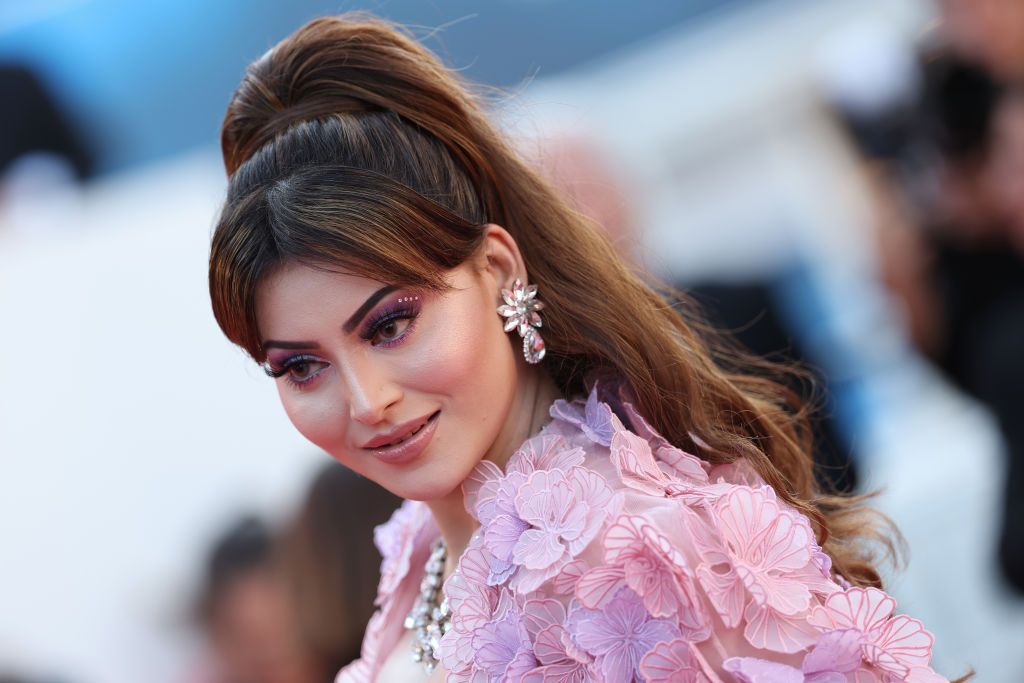- Saturday, April 19, 2025

By: Vibhuti Pathak
Urvashi Rautela has finally addressed the criticism surrounding her portrayal in Daaku Maharaaj, starring Nandamuri Balakrishna. The actress, who played a cop in the film, found herself at the center of controversy due to an introductory scene that showed her in yoga gear. Many viewers slammed the depiction as yet another example of the over-sexualization of female characters in Indian cinema.
In an exclusive conversation with The Hollywood Reporter India, Urvashi was asked about the backlash. Responding to the debate, she stated, “My stance is that when I sign a film, I trust and believe in my director. When a character is written, it’s part of the story’s narrative. As actors, we can’t interfere too much or dictate how a character should be portrayed. Once we sign a film, we cannot question the director’s vision.”
Her comments suggest that she sees filmmaking as a collaborative effort where the director has the final say. While some fans appreciated her professionalism, others felt it was an excuse to overlook the larger issue of objectification in mainstream cinema.
View this post on Instagram
Adding fuel to the fire, the song Dabidi Dibidi from the film also faced intense criticism. Choreographed by Shekhar Master, the dance moves featuring Urvashi and Balakrishna were labeled “crass” and “vulgar” by social media users. In the music video, Urvashi is seen wearing a crop top and skirt, while the 64-year-old actor performs gestures such as hitting her belly button in sync with the beats and pulling her up by her dress. In another sequence, he is seen tapping her rear, sparking outrage online.
When asked about the backlash over the choreography, Urvashi defended the song, stating, “When you talk about my choreography, it’s actually very simple. There’s nothing wrong with it. In fact, if you just focus on me in the frame, you’ll see that it’s really fantastic.” She also insisted that the song was designed specifically for Balakrishna’s fans, with lyrics and dance moves curated to appeal to their taste.
However, many critics argued that the song reinforced outdated tropes where female leads in commercial films exist only for male gaze-driven performances. Some even called for stricter regulations to ensure better representation of women in mainstream movies.
Addressing the larger conversation about her choice to participate in such a film, Urvashi remarked, “I always ensure my identity remains separate from my work. It’s important to receive feedback wholeheartedly and not let it overshadow my passion and commitment to my craft.”
While Urvashi stands firm on her professional approach, the controversy around Daaku Maharaaj has reignited debates about sexism in the Indian film industry. As conversations around women’s representation in cinema continue to gain momentum, this debate is unlikely to fade anytime soon.